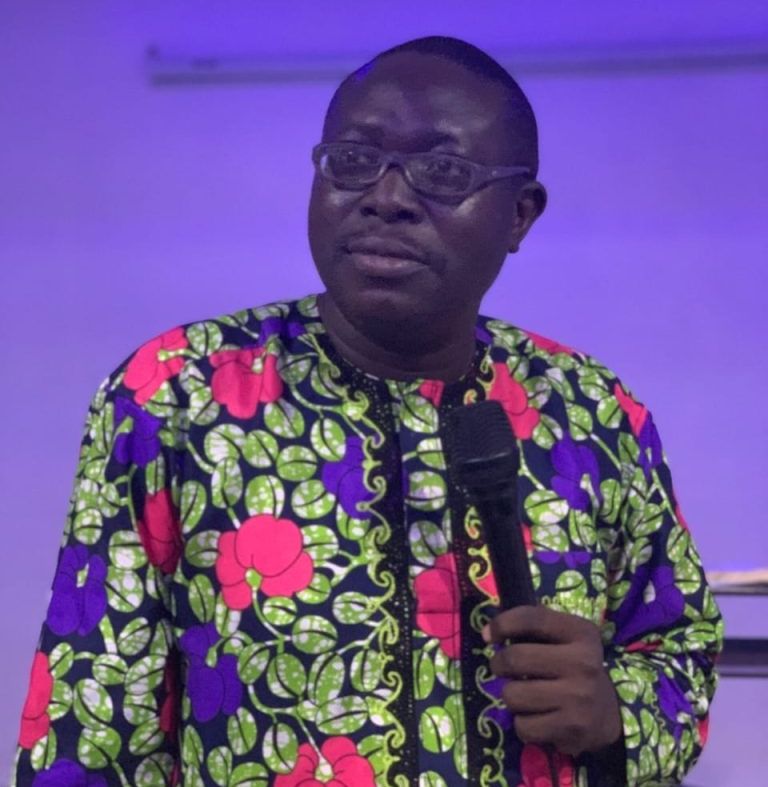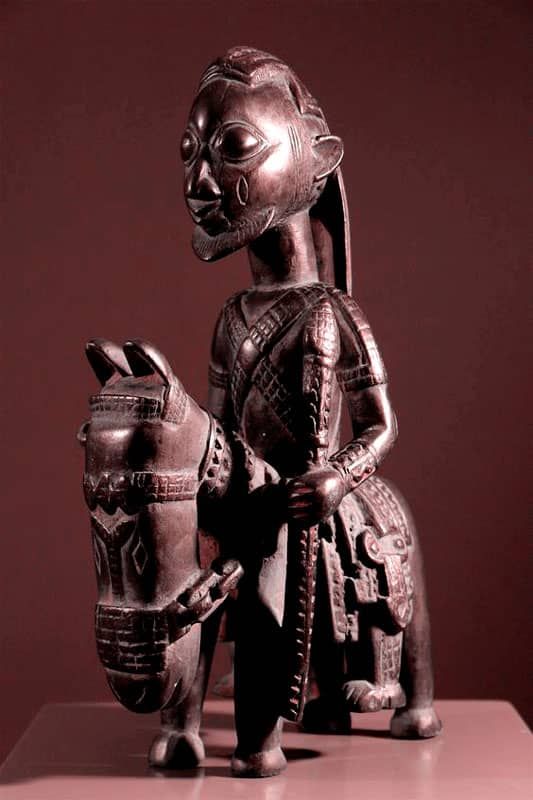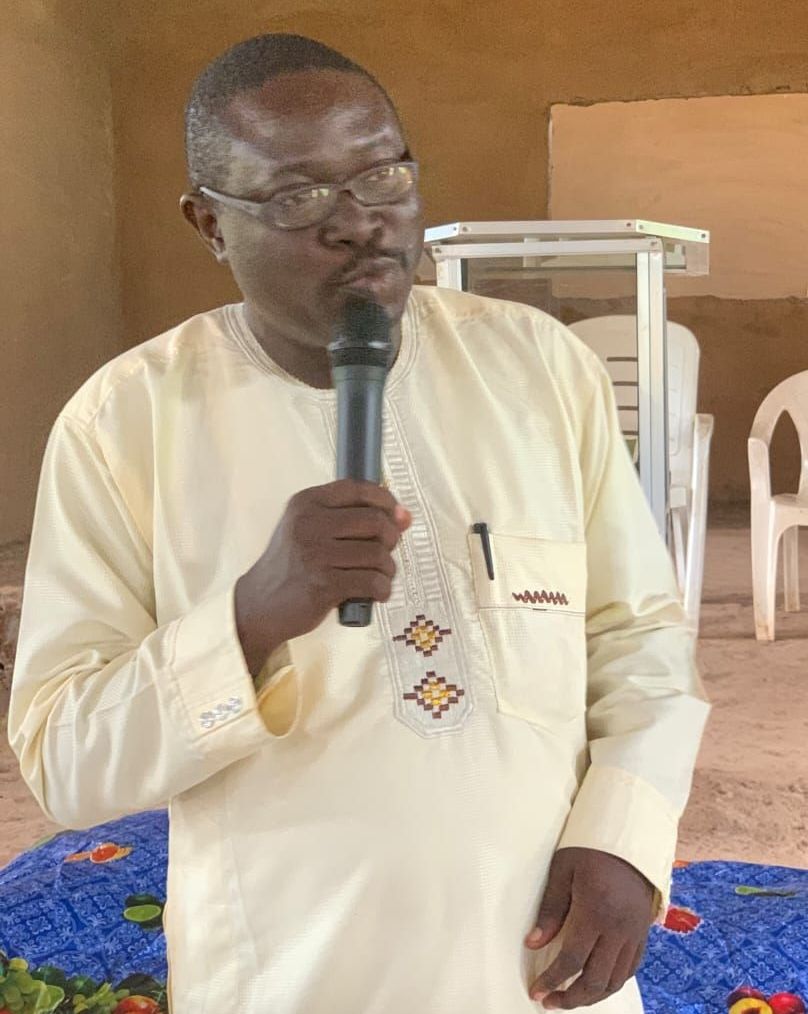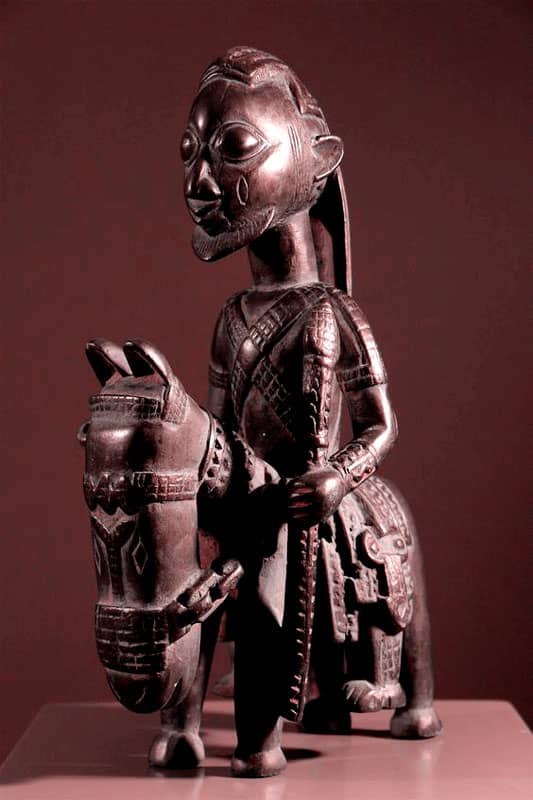
AFRICAN SECRECY, MYSTICISM, AND METAPHYSICS
(Written by Revd Dr. Kolade Oladele, President Global Deliverance Team GLODET)
Africa is blessed with a very rich cultural heritage unequal in the overall global cultural theater. Africa sees life in its holistic form compared with the western defragmented concept of life. Philosophically speaking, Africa’s concept of life, which recognizes the place of metaphysics, makes Africa’s epistemology more holistic than the western ideology of truncated epistemology, which limits realities online within the confines of rationalism. African’s recognition of the supernatural realities is a plus to her way of thinking and observing.

It also worth noting that this positive supernatural dimension to realities, in some other ways, negatively affected African people and contributed to her slow pace of civilization. Africa cannot be denied her place in the history of global civilization. There are scientific historical evidences proving the fact that Africa was at the forefront of civilization. That the Greek civilization is traceable to Egypt is an undeniable fact. Africa’s failure to open up her many technological inventions robbed her of her position in the history of global civilization. African science and technology were shrouded in metaphysical secrecy to prevent the larger society from abusing the many inventions. The spiritual authority doubled as the main custodian of African wisdom and science and would not allow those outside of the cult to have access to the secret of the many discoveries. This to a very large extent is true of Egyptian civilization. Many aspects of our culture still need to be demystified to allow the new generation to see the scientific rational behind many of our beliefs and practices.
There are many of our taboos that have hygienic, scientific, and environmental basis but which are only coded in metaphysical secrecy. Some of these taboos would have appealed to more people if explained scientifically. How true is the belief that the beating of drums disturbs the gods during the Ga Homowo festival? Is it however wrong for the society to set apart a certain period of the year for solitude and reflection? How true is the belief that the gods will be annoyed with the fisherman who goes fishing on Tuesday in Ga-Adangme area of Ghana? Is it however wrong for the society to regulate how the natural resources are used and also promote the culture of rest?

Our ability to ask questions is a major prerequisite to learning and discovering more. We need to ask serious questions regarding our culture and practices; that is the only way we can progress. We need not be afraid of questions; it only helps in strengthening our position. The new generation of Africans is so detached from their roots that they will need to be reintroduced to their culture. As a result of the metaphysical mask around most of our cultural practices, the culture is becoming non-attractive to the new generation of Africans. It is high time we engaged the new generation in meaningful dialogue with the culture in order to help them own it. The only way to ensure our culture does not go into oblivion is to make it relevant to today’s situation and help the new generation proudly own it.
No culture can be kept absolutely in its original form because society is not static but dynamic. Our culture must be allowed to engage with other cultures and by doing so undergo positive reformation without necessarily losing the original identity. The intuitive and celebrative aspect of African culture is something very unique to us and a good starting point to promote our culture even beyond our borders.
The secrecy associated with many of our cultural beliefs should be discarded, and the culture should be presented to the new generation in a more appealing manner. Our culture can become more attractive and creative if it is allowed to engage in interaction and conversation with other cultures. The aim of the cultural inquiry and cross-cultural conversation should be to seek a clearer and deeper understanding of a particular culture in relation to the rest of the world and the quality of human life. If African culture is rightly packaged, it will not only become more acceptable to the new generation of Africans but can also be exported globally.

